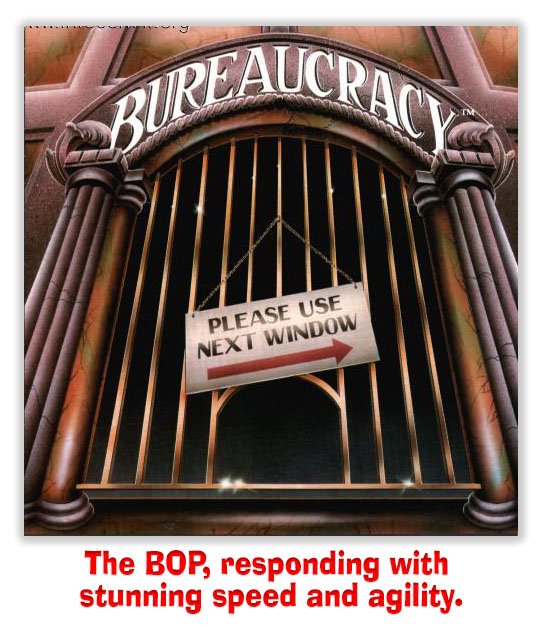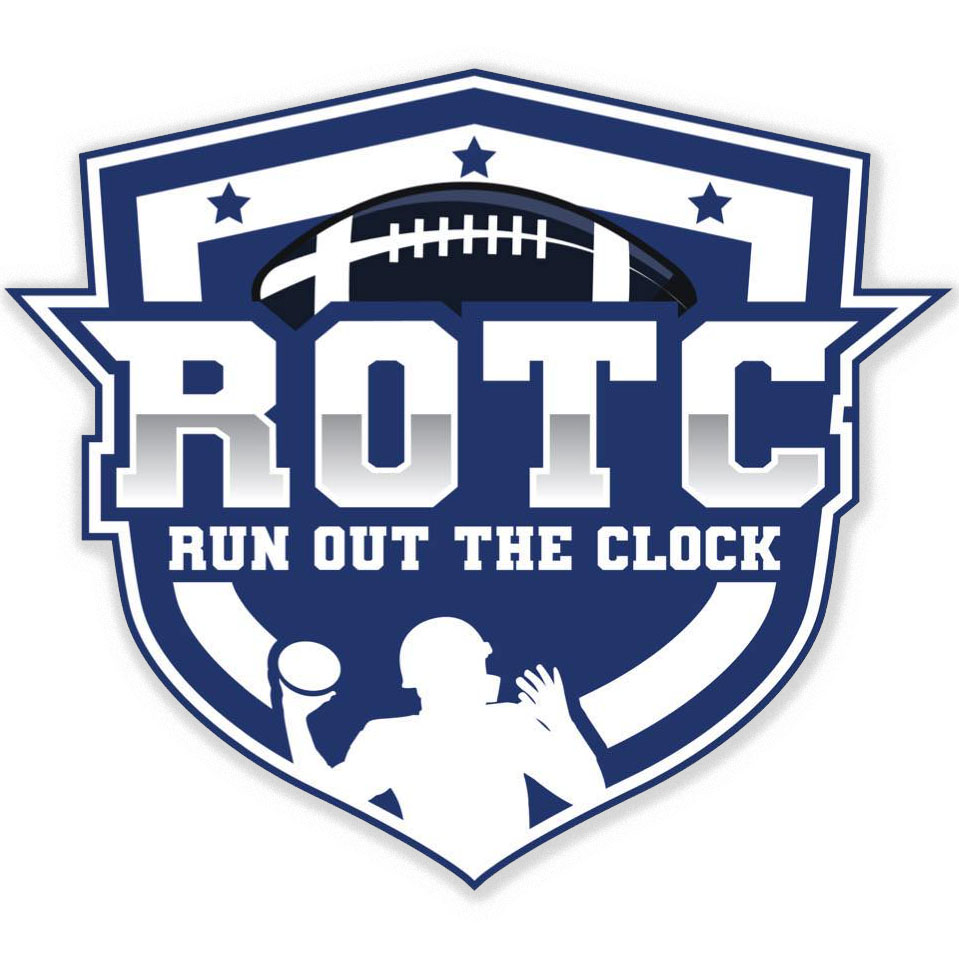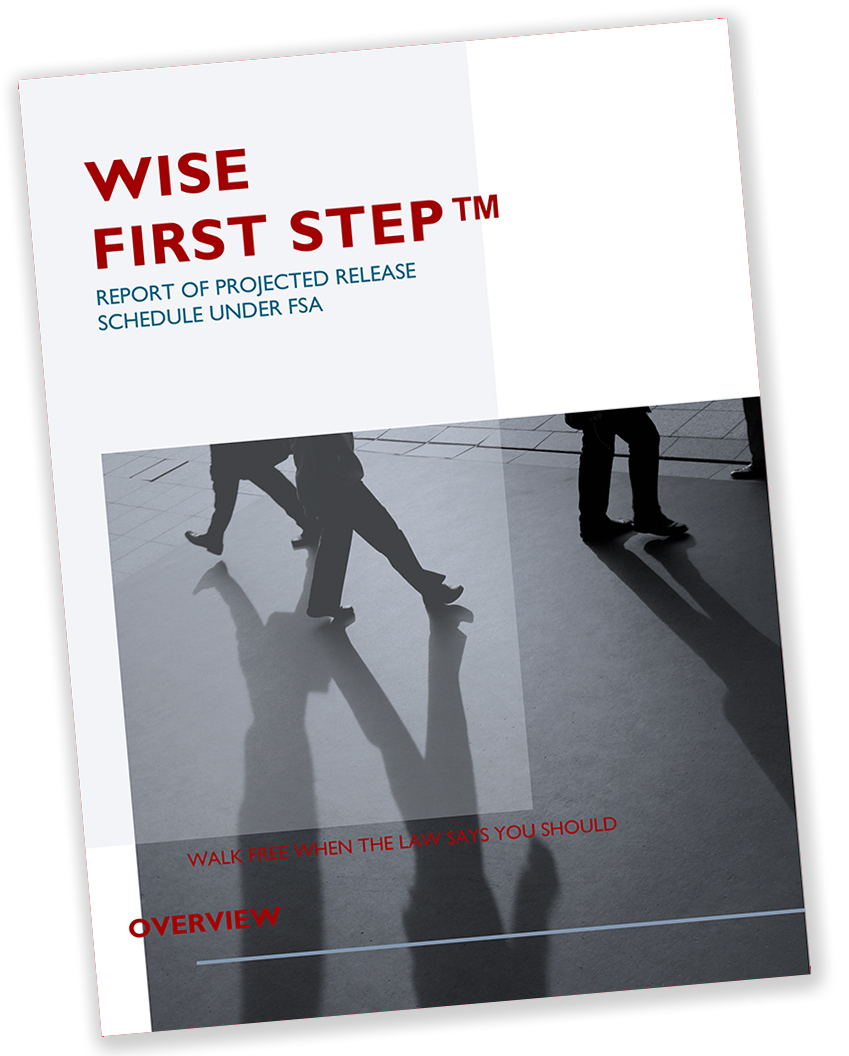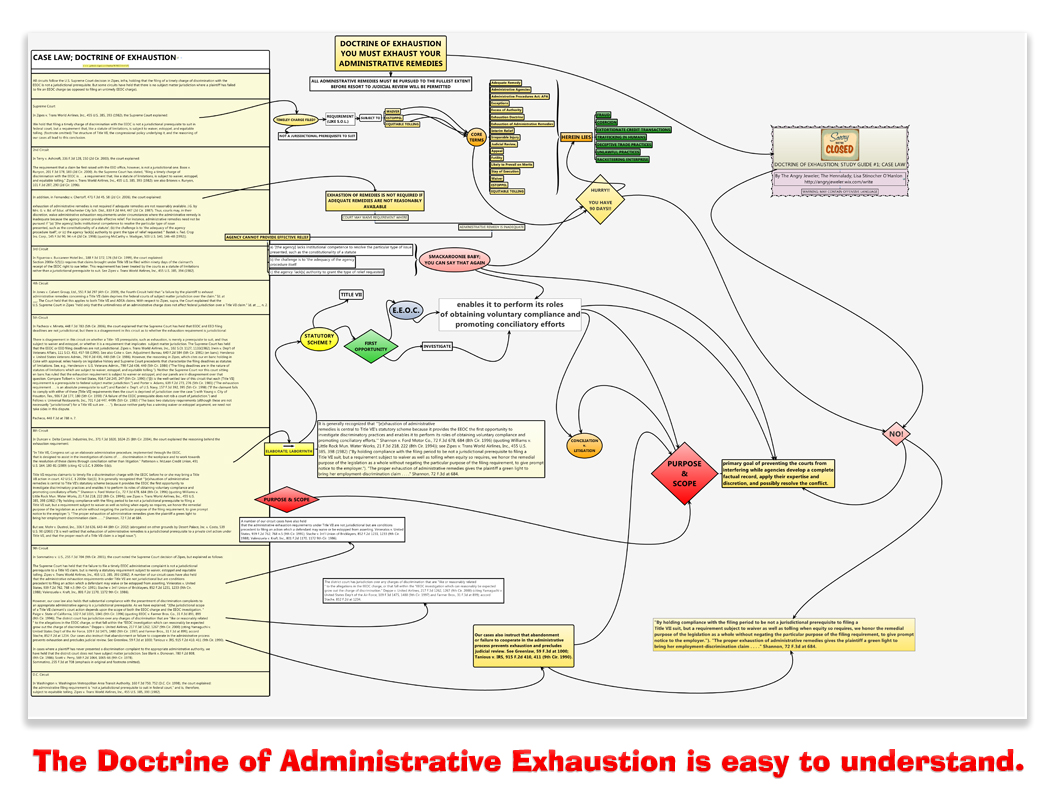We post news and comment on federal criminal justice issues, focused primarily on trial and post-conviction matters, legislative initiatives, and sentencing issues.

WHEN ‘SHALL’ CAN MEAN ‘MAY’
Last week, I referenced Booker v. Bayless, a strange case from the Northern District of West Virginia that found the Federal Bureau of Prison’s duty to place people with sufficient First Step Act credits in halfway house or home confinement was not subject to judicial review.
 Civil War combat vet and Supreme Court Justice Oliver Wendell Holmes, Jr., once wrote that “hard cases make bad law.” A fair obverse of that aphorism applies to Bayless: Bad cases make hard law.
Civil War combat vet and Supreme Court Justice Oliver Wendell Holmes, Jr., once wrote that “hard cases make bad law.” A fair obverse of that aphorism applies to Bayless: Bad cases make hard law.
In Bayless, the prisoner filed a messy habeas petition arguing that the BOP should be ordered to give him the 12 months halfway house he was entitled to under the Second Chance Act. As I noted last week, prisoners are not ‘entitled’ to even one day of halfway house under the SCA. The Magistrate Judge said as much in his Report and Recommendation.
The petitioner filed objections to the Report and Recommendation with the District Court, asking the Judge (as the Court described it) “to take ‘judicial notice’ of… Woodley v. Warden… [P]etitioner cites [18 USC] §§ 3624(g) and 3632(d)(4)… [and] goes on to quote directly from Woodley.” Rather than declining to consider arguments on those sections that hadn’t been raised in front of the Magistrate Judge, the District Court addressed them, relying on Murray Energy Corp v. Environmental Protection Agency, a 4th Circuit decision that ruled an EPA decision was not subject to court review because the statute in question did not impose on the EPA a duty “amenable” to 42 USC § 7604(a)(2) review.
The District Court ruled,
Section 3632 — when read as a whole — imposes on the BOP a broad, open-ended statutory mandate to do many things for inmates. The BOP is thus left with considerable discretion in managing its § 3632 duty. The BOP gets to, among other items, assess an inmate’s risk of recidivism and needs, develop individualized reentry plans for inmates, determine the appropriate classification and placement of inmates within the prison system, manage and facilitate inmates’ participation in programs designed to address their specific needs, provide incentives for inmates who engage in positive behavior or successfully complete programs, [and] make recommendations regarding sentence adjustments based on inmates’ participation in programs and overall conduct… By statute, it has already been found that “a designation of a place of imprisonment under this subsection is not reviewable by any court”… Thus, this Court finds that § 3632 does not impose on the BOP a specific and discrete duty amenable to review by this Court. By rejecting the analysis in Woodley, this Court is keeping in line with what other courts have been doing regarding placement.
The other cases cited by the Court as supporting its holding all predate the application of FSA credits and provide dubious support.
 The Bayless decision is patently wrong. First, the issue is much narrower than reading § 3632 “as a whole.” Rather, it is whether – once an inmate meets all of the eligibility requirements – the BOP has a mandatory duty to place the prisoner in halfway house or home confinement. That does not ask the Court to review any discretionary eligibility requirement listed in § 3632, but rather only asks whether – once a prisoner is found to be eligible – what a single sentence in § 3632(d)(4)(C) means. That sentence is “[t]he Director of the Bureau of Prisons shall transfer eligible prisoners, as determined under § 3624(g), into prerelease custody or supervised release.” (Emphasis mine).
The Bayless decision is patently wrong. First, the issue is much narrower than reading § 3632 “as a whole.” Rather, it is whether – once an inmate meets all of the eligibility requirements – the BOP has a mandatory duty to place the prisoner in halfway house or home confinement. That does not ask the Court to review any discretionary eligibility requirement listed in § 3632, but rather only asks whether – once a prisoner is found to be eligible – what a single sentence in § 3632(d)(4)(C) means. That sentence is “[t]he Director of the Bureau of Prisons shall transfer eligible prisoners, as determined under § 3624(g), into prerelease custody or supervised release.” (Emphasis mine).
Pretty simple question… Does “shall” mean “shall” or does it just mean “may?” But the Bayless court says the answer is not for the courts to say.
Second, the EPA decision interprets a statute – 42 USC § 7604(a)(2) – that is particular only to the EPA. That statute authorizes a private citizen to sue the EPA “where there is alleged a failure of the Administrator to perform any act or duty under this chapter which is not discretionary with the Administrator…” There is no adjunct to this in the First Step Act. Instead, the operative statute for a prisoner would be 28 USC § 2241, the writ of habeas corpus, a very different animal indeed.
Under the Bayless reasoning, the FSA credit statute becomes toothless, leaving the BOP free to do anything it wants to do with the credits a prisoner has earned.
 The Bayless decision is error-ridden, but it is largely the result of a petitioner who didn’t know what he was doing and made a mess of his ill-advised 28 USC § 2241 petition. Unfortunately, he has now appealed the denial to the 4th Circuit. Unless he gets competent legal help pretty fast, he is likely to turn a bad district court decision into a disastrous Circuit precedent.
The Bayless decision is error-ridden, but it is largely the result of a petitioner who didn’t know what he was doing and made a mess of his ill-advised 28 USC § 2241 petition. Unfortunately, he has now appealed the denial to the 4th Circuit. Unless he gets competent legal help pretty fast, he is likely to turn a bad district court decision into a disastrous Circuit precedent.
Bad case. Hard law.
Booker v. Bayless, Case No. 5:24-CV-43, 2024 U.S. Dist. LEXIS 149061 (N.D. W.Va., August 20, 2024)
Booker v. Bayless, Case No. 24-6844 (4th Cir, docketed August 28, 2024)
Northern Securities Co. v. United States, 193 U.S. 197 (1904) (Holmes, Jr, J., dissenting)
Murray Energy Corp v. Environmental Protection Agency, 861 F3d 529 (4th Cir. 2017)
– Thomas L. Root





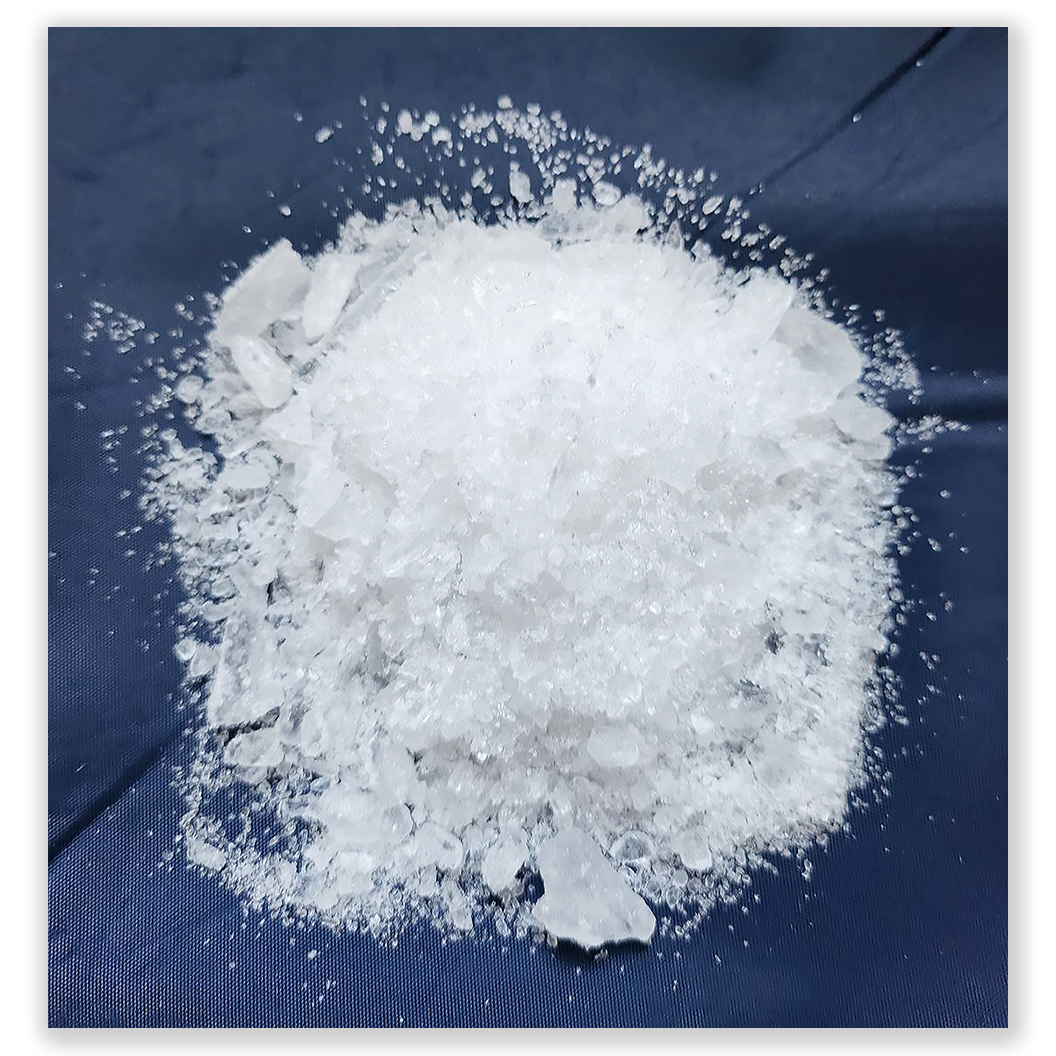
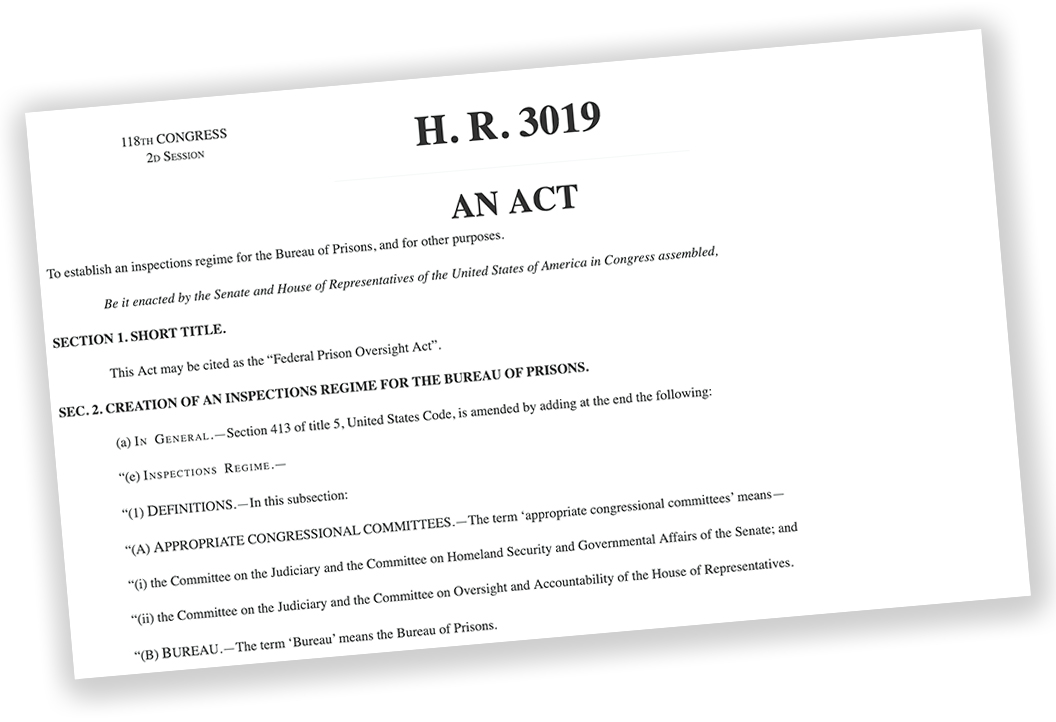
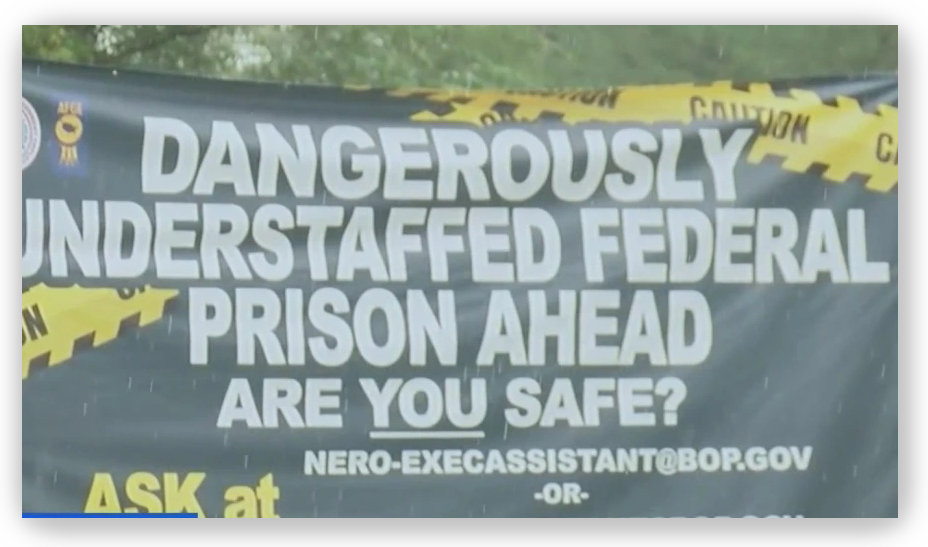



 The BOP probably doesn’t like that big white bear, the fact that it is required to deliver on RRC placement despite the agency’s utter failure over five years to ensure that there was enough RRC space. But as Dostoevsky or Tolstoy (or both) figured out, just because you can force yourself to not think about it doesn’t mean it isn’t there.
The BOP probably doesn’t like that big white bear, the fact that it is required to deliver on RRC placement despite the agency’s utter failure over five years to ensure that there was enough RRC space. But as Dostoevsky or Tolstoy (or both) figured out, just because you can force yourself to not think about it doesn’t mean it isn’t there.